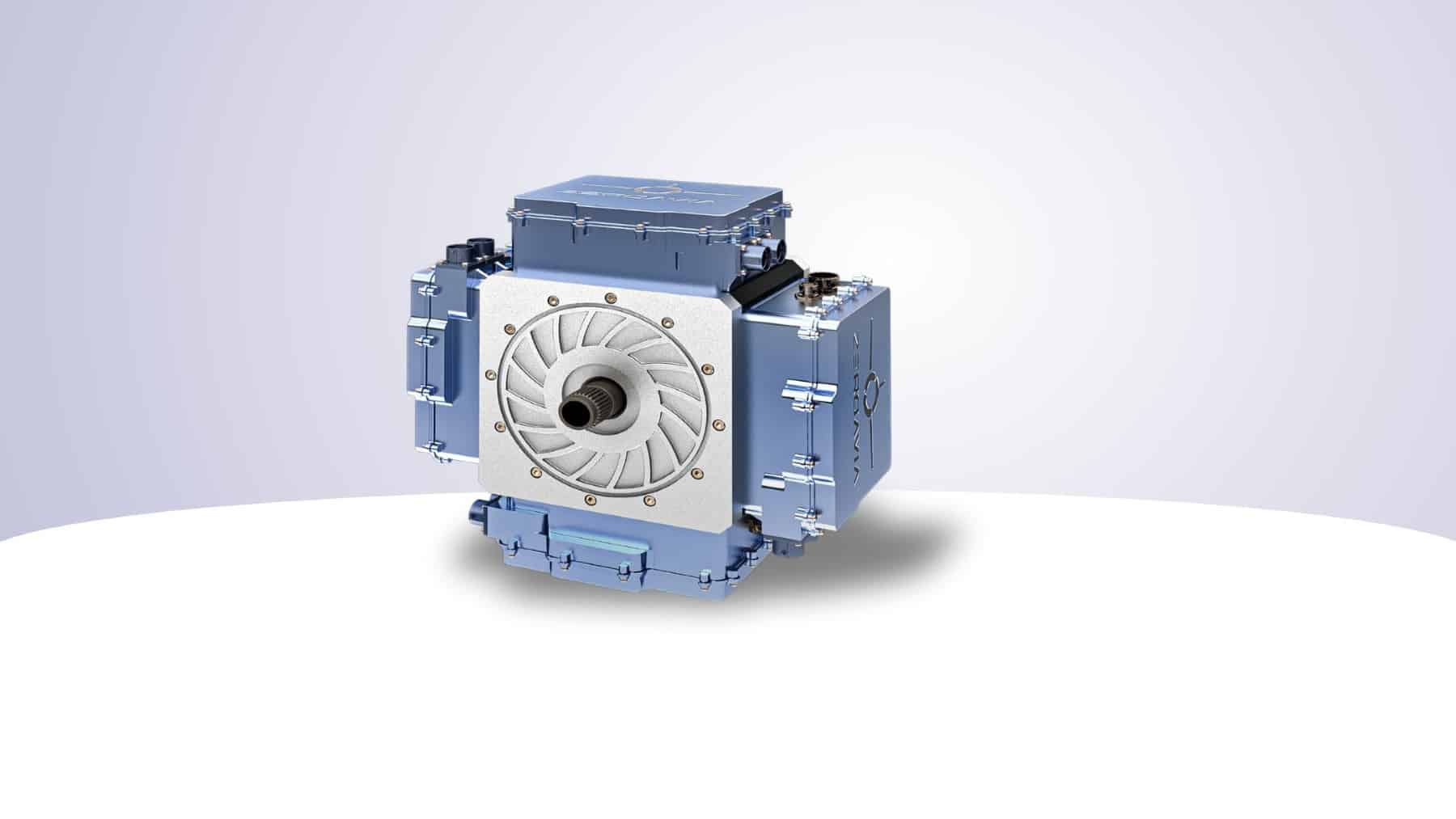ZeroAvia Leads the Charge Towards Sustainable Aviation with Hydrogen-Electric Aircraft
Key Ideas
- Electric engine technology faces limitations in aviation due to battery density, prompting the exploration of hydrogen as a viable alternative.
- ZeroAvia pioneers a 600kW electric propulsion system utilizing hydrogen as a fuel source, offering a cleaner and more powerful solution for aircraft engines.
- Jetcruzer International partners with ZeroAvia to test the hydrogen-electric engine in the Jetcruzer 500E, with plans for an entry-into-service in 2028.
- ZeroAvia's commitment to sustainable aviation is evident through its expansion plans and development of hydrogen-electric propulsion systems for commercial aircraft.
The transportation industry's shift towards sustainability has pushed for innovative solutions in both the automobile and aviation sectors. While electric engines have been successful in passenger vehicles, the aviation industry has faced challenges due to the limitations of battery technology. ZeroAvia has stepped in to bridge this gap by introducing a 600kW electric propulsion system that uses hydrogen as a fuel source for aircraft engines. This breakthrough technology has attracted partnerships with companies like Jetcruzer International, leading to the development of the hydrogen-electric Jetcruzer 500E aircraft. ZeroAvia's CEO, Val Miftakhov, emphasizes the importance of sustainable aviation and the potential of hydrogen-electric propulsion in revolutionizing air travel. The company's plans for the future include expanding its operations and facilities to further develop hydrogen-electric propulsion systems for larger commercial aircraft. With a focus on reducing carbon emissions and increasing efficiency, ZeroAvia aims to be at the forefront of clean aviation solutions, paving the way for a more sustainable future in the aviation industry.
